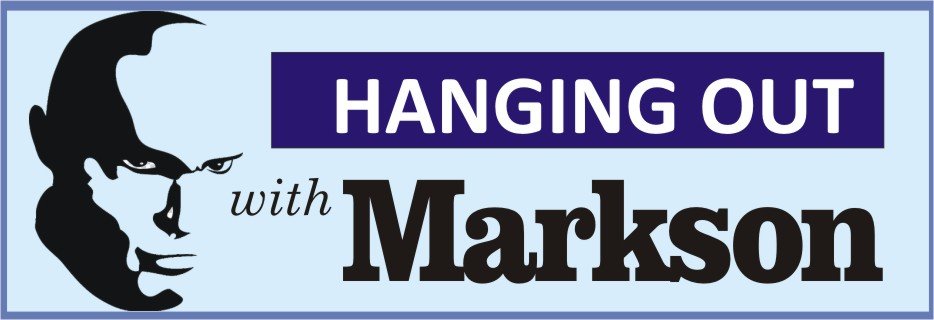
Port Harcourt — With all the noise about Chicago or no Chicago, we risk missing the significance of a recent report by the National Bureau of Statistics (NBS) which paints a gloomy picture of foreign investments in Nigeria and the scale of borrowing by our government. The report says Nigeria borrowed the sum of $1.21bn to make up for shortfalls in “capital importation in the first six months of 2023.” Capital importation simply refers to the volume of foreign investments in a country.
In Nigeria’s case, the shortfall of this key aspect of economic development was so much that we had to resort to borrowing. This comes as Nigeria’s total debt rose to N49.85 trillion ($108.30 billion) as at end March 2023. Loans we took as foreign investments increased by 17.43 per cent to $1.21bn in the first six months of 2023. The gloom and doom also hit the states. The NBS report notes that 28 out of the 36 states did not attract any foreign investments in the time under reference. Foreign investments only went to Lagos, Abuja, Adamawa, Akwa Ibom, Anambra, Ekiti, Niger, Ogun and Ondo states.
The report states: “In Q2 2023, other investments top accounting for 81.28 per cent ($837.34m) of total capital importation in Q2 2023, followed by Portfolio Investment with 10.37 per cent ($106.85m) and Foreign Direct Investment with 8.35 per cent ($86.03m). The production sector recorded the highest inflow with $605.04m, representing 58.73 per cent of total capital imported in Q2 2023, followed by the banking sector, valued at $194.58m (18.89 per cent,) and shares with $68.63m (6.66 per cent.)” The report blames the situation on several factors, mainly “insecurity and difficult business environment.”
In a piece “On Tinubu’s state of emergency on food security” published o this column, I had drawn attention to the impact of insecurity on food production. I argued that any attempt to boost food production that does not tackle the trigger for the exodus of farmers from their farms will amount to window-dressing. I didn’t know I was also speaking about foreign investments. The biggest inflows of foreign capital into Nigeria came from the United States, then Singapore and South Africa. Experts agree that the decline in foreign investments could worsen unemployment, boost inflation, deepen poverty and affect financing of development projects.
Which brings me to the same point I made in the first piece. Capital, whether foreign or domestic has no emotions. It is blind. It goes where it can grow. No foreign investor will venture into a country buffeted by insurrection, banditry and criminality. It is even worse when the government appears helpless and is at the end of its tether. So, it is not enough to boast natural resources that make a good pitch for investment; there must be security and a conducive environment for someone to bring their hard-earned money to invest. So, if you ask me, the best place to start in attracting foreign investment is to tackle our security challenges.
This requires a holistic approach. The security challenges we face are asymmetrical. We’re not dealing with a foreign enemy who invades and occupies our territory, in which case it would have been simple to identify and eliminate the threat. Rather, we are dealing with gangs that have no identity and operating without scruples as to their means and methods of cruelty. They embed themselves with the populace and strike to scare. They do not observe any rules of engagement; any weapon or tactic is fair. They answer to no standards or authority. There is no limit to their cruelty and mercy is a foreign concept. To engage and defeat such a ubiquitous and faceless enemy requires that we stop them before they get to us. It requires a strategy that hinges on intelligence and elimination of all forms of financing for these crooks. When they kidnap innocent citizens and collect ransom, these gangs are trying to perpetuate their murderous business so the law enforcement agents must track these payments and make it difficult for criminals to enjoy their loot or reinvest in more criminality. The introduction of the National Identity Number is a step in the right direction. The time to act to stop insecurity is now and we owe it to ourselves and generations yet unborn to get it right.

